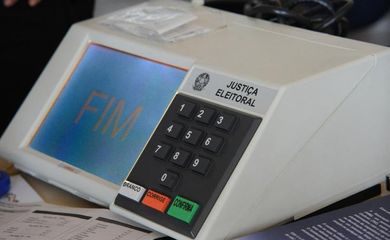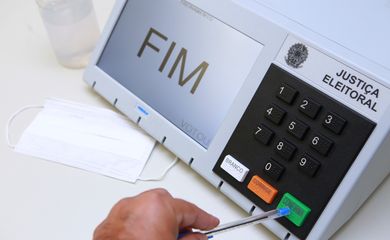Brazil lower house representatives may change parties this month

The period for the free swapping of lower house representatives between political parties in Brazil starts today (Mar. 3). Known in Portuguese as janela partidária—literally “party window”—, the time span lasts for 30 days once every electoral cycle. During the month, lawmakers may change affiliation without losing their mandate over party infidelity.

The one-month frame is outlined by law and opens every election year six months before the vote. This year, the period should range from March 3 to April 1.
The transfer window was regulated and introduced into the country’s electoral calendar in the 2015 overhaul. It enables party forces to rearrange themselves before the polls, adapting to the political climates of the moment. The movement serves as a gauge of candidacies, helping lawmakers read the current electoral landscape and voting intentions.
This year, for example, a substantial number of representatives is likely to leave União Brasil, the largest bench in Brazil's lower house today, formed after the merger of the DEM and the PSL. Some should follow President Jair Bolsonaro in joining the PL. Since the party window was created, 275 swaps have been recorded among sitting representatives, as per official figures.
This year, only lower house representatives may swap parties, as it was established in 2018 that only lawmakers at the end of their tenure are entitled to the janela partidária. Thus, city councilors currently serving may only change affiliation shortly before the next municipal elections, in 2024.
The period is one of the only options for representatives to change parties while still in their term of office. Others include the creation of a new party, the end of a party or a party merger, deviation from the party program, and serious personal discrimination. Lawmakers attempting to transfer affiliation without stating any of these reasons may be stripped of their mandate.




